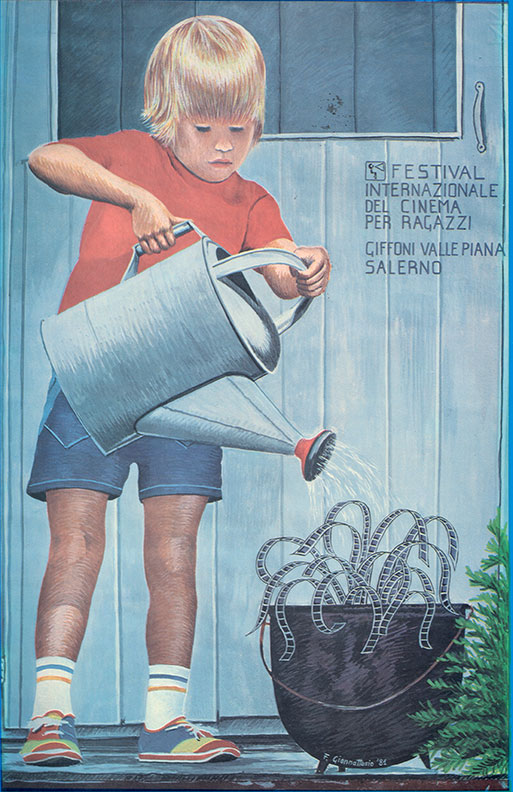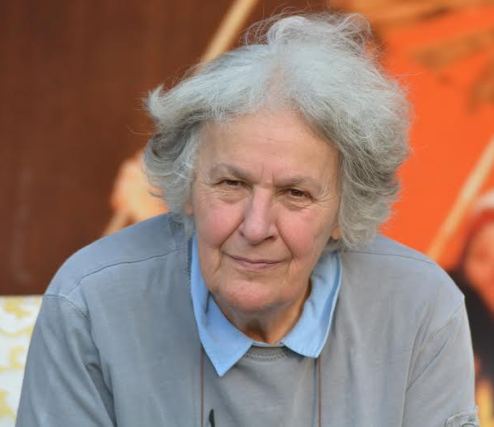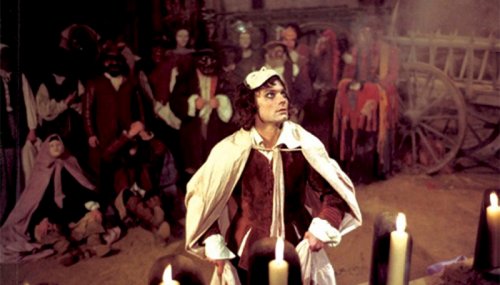Synopsis
Who was Moliere? He is known everywhere as one of the world's greatest playwrights. But who was he? Born Jean-Baptiste Poquelin in 1622, the son of a prosperous tapestry maker. His mother died when he was a boy. Growing up in the teeming streets of 17th century Paris, Jean Baptiste received a good Jesuit education and was fascinated by the street fairs and traveling carnivals that flourished in spite of the religious repression and hypocrisy of those cruel times. As a young man he joined the theatrical Bejart family to establish the Illustre-Theatre, which soon went bankrupt. The troupe reformed, found patronage, and went on the road for thirteen years, performing all over France. Poquelin developed his stagecraft adapting Commedia dell Arte plots to please brutalized peasants and cynical townspeople. He also married Madeline Bejart, the widowed daughter of the troupe's founder. Later he entered into a love affair with Mme Bejart's daughter, to the dismay of all.

Sections & Films
MOLIÈRE
| Original Title | Molière |
| Italian Title | Molière |
| Category | Out of competition |
| Section | Review "Youth Problems in Contemporary Cinematography" |
| Tipology | Feature Film |
| Duration | 260' |
| Production Year | 1978 |
| Nationality | France, Italy |
| Directed by | Ariane Mnouchkine |
| Screenplay | Ariane Mnouchkine |
| Main cast | Philippe Caubère, Marie-Françoise Audollent, Frédéric Ladonne |
 ARIANE MNOUCHKINE
ARIANE MNOUCHKINE
Ariane Mnouchkine was born in 1939 in Boulogne-Billancourt, a small town in the residential suburbs of Paris. His parents are June Hannen, an Englishman who moved to France after marriage, and film producer Alexandre Mnouchkine, a Russian of Jewish descent, who fled to France with his family at the time of the Soviet Revolution. Parents will divorce when Mnouchkine is just over twelve years old. In the separation Ariane chooses to stay with her father, while the younger sister will follow her mother. The father, whose influence will become very strong, will be his point of reference throughout his life.
After graduating from high school in 1957, Ariane Mnouchkine wanted to pursue a career as a psychoanalyst. In this regard he leaves for England to follow a year of preparatory studies at the University of Oxford. On this occasion he began to make theater in the context of two university companies headed by John Mac Grant and Ken Loach. At the same time, he is an assistant director for Anthony Page, for the performances of Ulysse by James Joyce and Coriolano of Shakespeare.
When he returned to Paris in 1958, Ariane Mnouchkine enrolled at the Sorbonne (faculty of psychology) and tried to become part of the only existing theater reality at the university: the Groupe Antique. Mnouchkine quickly moved away from this student group to establish the Théâtrale des Étudiants de Paris Association (ATEP) in October 1959. Together with her are France Djoud, Pierre Skira and Martine Frank who will be joined shortly after Jean-Claude Penchenat, Philippe Leotard, Jean-Pierre Tailhade, Myrrha Danzenc, Françoise Tournafond, Gérard Hardy. These will be the starting nucleus of the future Théâtre du Soleil which will be established a few years later. In this same period Mnouchkine is experienced as a screenwriter for a film produced by his father, L'Homme de Rio, by Philippe de Broca.
In 1963 Ariane Mnouchkine left for a year-long trip to the Far East, which will be a key stage for his theatrical and aesthetic training.
The return to France in 1964 saw the establishment of the Théâtre du Soleil, from this moment on it is difficult to separate the biography of the director from that of the company and the theater.






